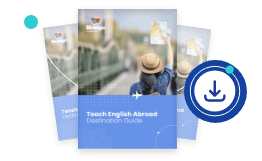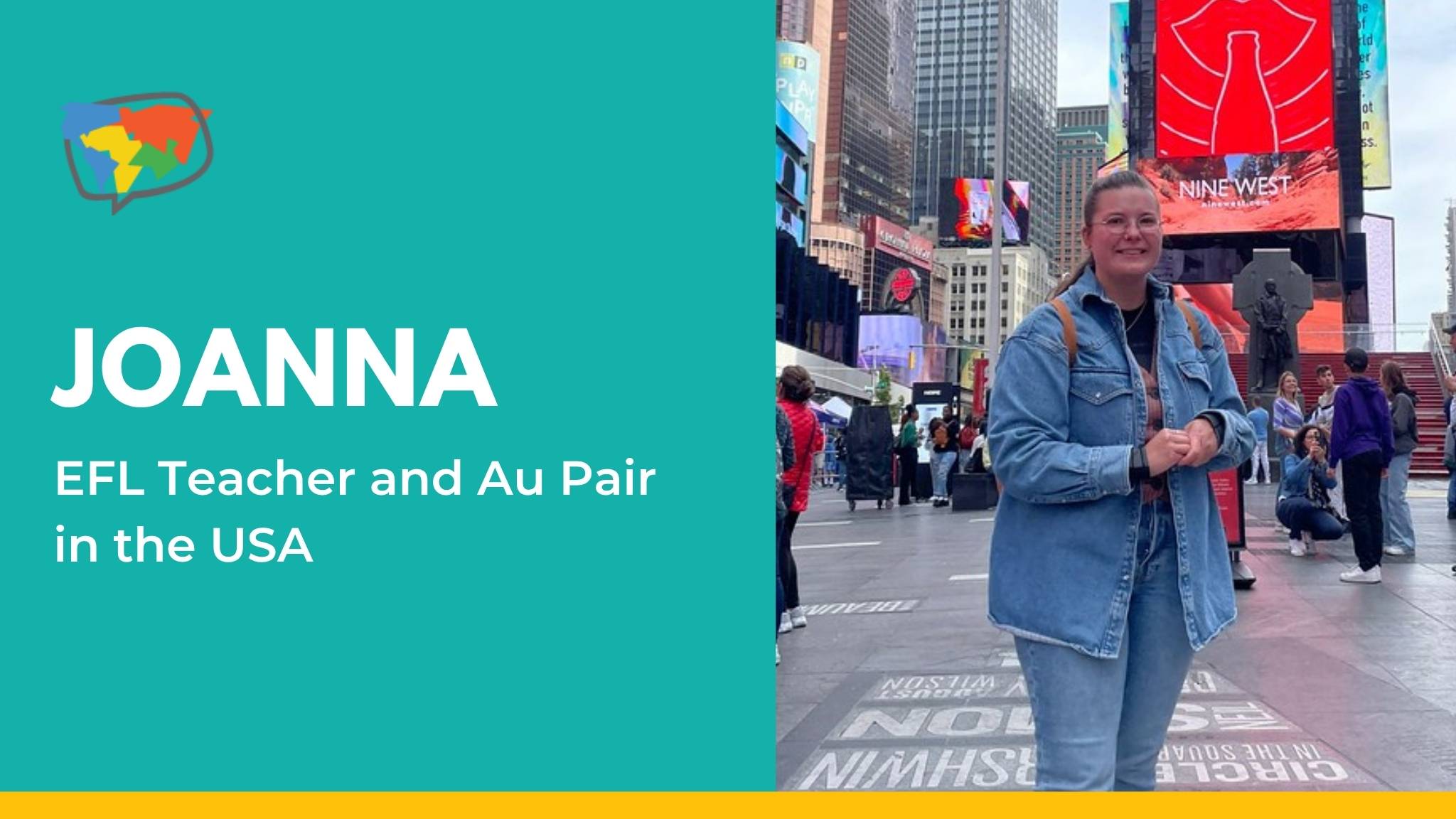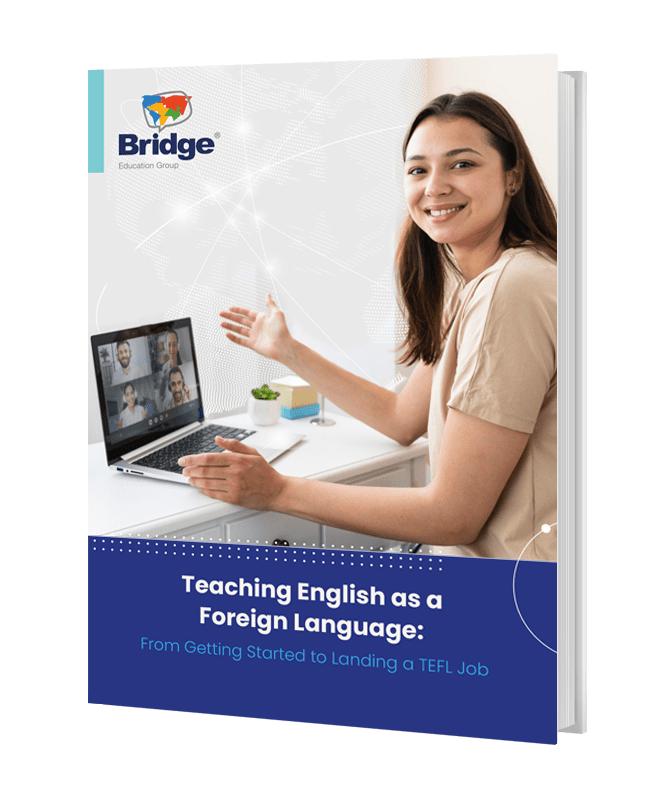After working as an au pair in the U.S., Joanna Malec, a Bridge grad from Poland, brought home a plethora of invaluable experiences and insights – both in childcare and living abroad. Now TEFL/TESOL certified, she sets her sights on a career in English teaching. She recalls how her au pair experience equipped her with transferable skills and shares how her Bridge course prepared her for success as an English language teacher.
Can you tell us a bit about yourself, Joanna?
I’m Joanna, but most people call me Asha. I’m from Poland. I’m a little ball of curiosity and excitement, and I love languages! I also have a Bachelor’s degree in Asian Studies and a Master’s in Economics. I speak Japanese as well. As you can see, I’m a woman of many parts. I enjoy learning and doing many different things.
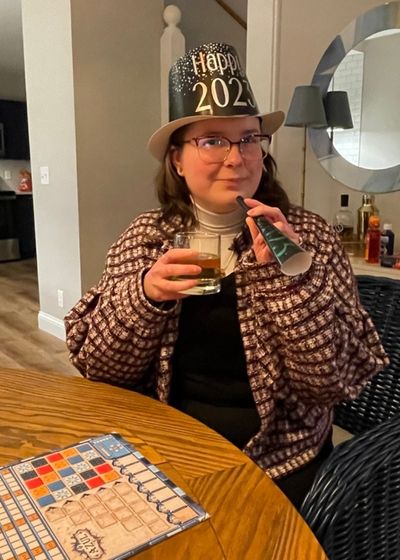
What motivated you to become an au pair?
I had always wanted to be an au pair. I always planned to go to the U.S. to live my own American dream. I also absolutely loved kids and wanted to work with them, connect with families, and become a part of different cultures.
I completed my au pair program in November 2023. I lived in three states: Illinois, California, and Michigan, and I lived with two different families.
The first family I worked with lived in Illinois, and I took care of a teenage boy, spending most of my time driving him to and from school and teaching him Spanish.
My second family lived in California, and then they decided to move to Michigan while I was their au pair. I worked with an eight-year-old girl and a four-year-old boy this time.
What was your typical day like as an au pair?
My typical routine started early in the morning. I would wake the kids up, help them get dressed, make them breakfast, and then drive them to school. Then, I had my free time so I could do whatever I wanted. In the afternoon, I picked them up from school. I would also take them to their extracurricular activities, like swimming and gymnastics.
Afterwards, I would do homework with them, play, go for a walk, ride bikes, or roller skate until dinner. After dinner, I would help them wash, get dressed, and read books before tucking them in to sleep.
The kids were also very active. They absolutely loved to read, so I could go to the library with them and spend, like, four hours there just reading.
I used to spend my free time in the library. I also visited many beaches in California, and if I were free for more than two weeks, I would go to other places like San Francisco and New York.
Launch your TEFL journey and score your dream job with our free eBook:
Teaching English as a Foreign Language
DownloadWhat did you like best about your au pair work?
The relationship I built with the kids. They treated me like an actual part of their family. Also, getting randomly hugged, kissed, or given things that reminded them of me! Once, during Halloween, they learned that I liked Milky Way, and so they asked every single house while trick-or-treating if they had Milky Way for me.
What do you think is the most essential skill to have as an au pair?
I think the most important skill to have is communication. Many young people, for example, are not confident about starting a conversation. But as an au pair, you have to get out of that comfort zone. You have to talk to people, ask questions, get engaged, and be energetic.
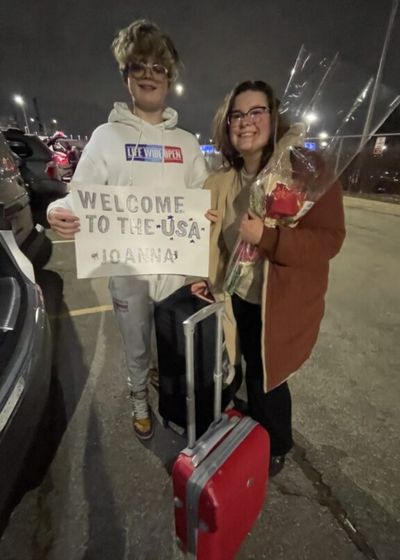
What requirements did you have to meet to get into your au pair program?
First, they wanted me to register and attend classes for six credits or 72 hours during the entire au pair year. After I took the Bridge 120-Hour Master Certificate, I was allowed to have online classes.
What were the most important factors to consider when choosing the course for your au pair program?
For me, it had to be an accredited course and approved by my au pair agency. I also wanted the course to teach me many different skills that would be useful in teaching English. Price was also an important factor.
What made you interested in teaching English?
As English is taught in nearly every country around the world, it means I could teach it in many different countries and travel extensively.
I also love working with people and interacting with them, so teaching allows me to work with people of different ages, backgrounds, and cultures. In addition, it requires creativity. For example, I have to select a methodology or approach to teaching different types of English learners.
How do you think your au pair experience will help you as an English teacher?
I think being an au pair enabled me to find creative solutions to learners’ concerns.
English is also my second language, so I know how it feels to learn it as a foreign language. I know what they expect as a problem. As I have to be creative with kids, I try to learn the best way to teach young learners, and then I can apply that when I teach English students.
Finally, I’m patient, calm, and flexible. I can match the individual needs, wants, and energy levels of each learner.
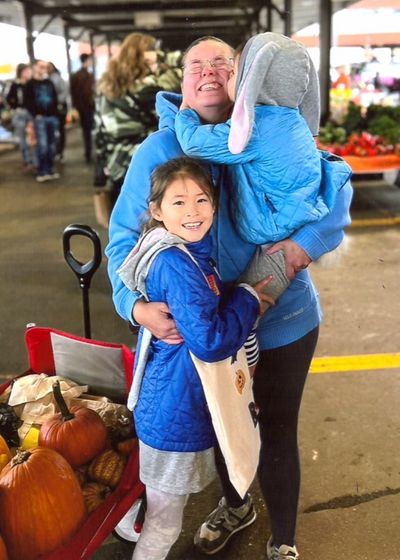
Why did you decide to get TEFL/TESOL certified and take the Bridge 120-hour Master Certificate?
I wanted to be able to teach, and it’s usually required to have either an English or education degree or a TEFL/TESOL certification. It was easier and quicker to finish the TEFL/TESOL course than to spend three years on the degree. On top of that, TEFL/TESOL is internationally recognized.
I chose the 120-hour Master Certificate because I loved its curriculum, from classroom management to teaching English grammar topics. It also includes introductory modules in specialized areas.
How was your experience with the course?
It was amazing! I got to work at my own pace, and I truly enjoyed the quick and helpful feedback from my tutor. The tutor not only graded my homework but also provided me with insights and tips that they use in their own teaching jobs.
How do you think this course helped prepare you to teach English as a second language?
It gave me many ideas, like how to make lesson plans, decide what to teach, what to expect during lessons, and be prepared for many different things. For example, one of my favorite things to learn was not to give kids assignments that would be boring for you. I also learned that I should ask interesting questions and that the assignments should be connected to students’ lives.
Create and plan outstanding TEFL lessons using these free websites.
Qualify for more jobs and advance your skills with
Specialized Certification in Teaching Young Learners & Teens
Get CertifiedYou’re back in Poland now. What’s next for you?
Now, I’m planning to find a job. I want to be an English teacher, either online or in person. There’s also a high demand for English-speaking individuals in Poland, particularly for companies that require English instructors to train their staff.
What is your advice for au pairs who want to get into or start English teaching?
-
Take a TEFL/TESOL certification course.
-
Be confident about your English skills. You have what it takes.
-
Remember that teaching students is similar to taking care of kids. They are people and full of ideas. So, just enjoy.
From caring for children across three states to preparing for her first English classroom, Joanna proves that real-world experience and professional training make a powerful combination. With the right tools and mindset, every au pair can evolve into a confident, global-minded educator.
